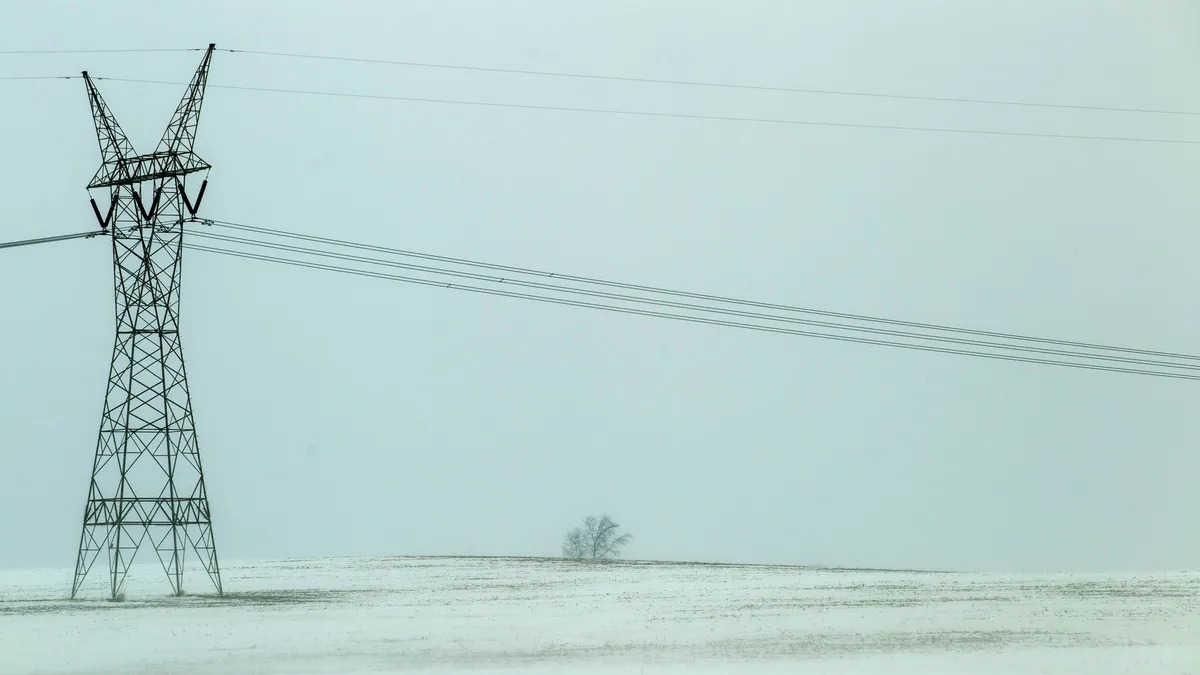The Federal Energy Regulatory Commission made a mistake when it declined to strip Duke Energy and FirstEnergy of an extra 0.5% return on equity as an incentive to join a regional transmission organization, the U.S. Court of Appeals for the Sixth Circuit said Friday.
The Office of the Ohio Consumers’ Counsel, which represents residential ratepayers, expects the court ruling will save American Electric Power customers $220 million through 2031, and FirstEnergy and Duke customers will save $126 million and $99 million, respectively, in the same period.
“For too long, Ohio consumers have funded windfall profits to electric utilities under FERC’s approved profit adders placed in electric transmission rates,” OCC Director Maureen Willis said in a press release.
FERC in July 2021 ruled that Dayton Power and Light was ineligible for the commissions’ RTO incentive because Ohio requires transmission owners to be part of transmission organizations. Under FERC policy, the incentive is only available for utilities that voluntarily join an RTO.
In response to a complaint filed by the OCC, FERC said that American Electric Power was also ineligible for the adder. The agency, however, said Duke and FirstEnergy could continue receiving the extra ROE because their rates came from comprehensive settlement agreements, and FERC viewed the adder as inseparable from those settlements, according to the appeals court.
In its decision that resolved appeals of FERC’s two ROE decisions, the appeals court upheld FERC’s decision to reject an RTO adder for Dayton Power, saying the adder is reserved for the utilities that voluntarily choose to join an RTO.
The court rejected utility arguments that the Ohio law requiring RTO membership is preempted by federal law.
“In exercising its intrastate authority, Ohio mandated membership in federally regulated entities and adopted federal standards,” the appeals court said. “But, contrary to the utilities’ argument, that doesn’t demonstrate that Congress has preempted Ohio law. Instead, Ohio’s incorporation of federal standards reflects an intent to cooperate with, rather than contradict, federal law.”
However, FERC erred by justifying its decision to uphold RTO adders for Duke and FirstEnergy because they were part of comprehensive rate settlements, according to the court.
“Contrary to FERC’s assertion, whether it approved the RTO adder explicitly on a ‘single issue’ basis or impliedly as part of a settlement makes little difference to how the three utilities approached rate negotiations,” the court said.
The appeals court sent the case back to FERC to revise its decisions for Duke and FirstEnergy.















